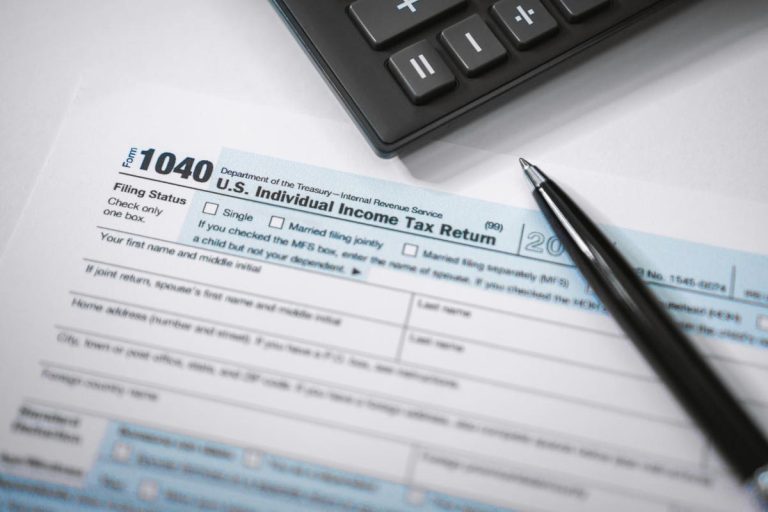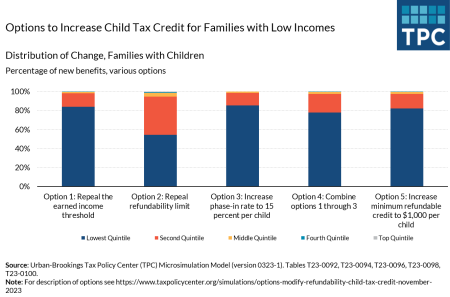The growing war between the IRS and the commercial tax preparation industry over the agency’s efforts to create a free, in-house tax filing system got me thinking about a more fundamental question: Why should we have to pay a commercial third party to help us perform a civic duty?
Do you have to hire somebody to help you report for jury duty? Or to vote? Yet taxpayers, policy analysts, journalists, and lawmakers all have normalized the idea of having to effectively pay a tax for the ability to pay your taxes. This seems…wrong.
The IRS reports that in 2022, nearly 86 million individual income tax returns were filed electronically by paid preparers. Another 61 million returns were filed online, mostly with paid commercial tax prep software. A paltry 3.3 million filers used the agency’s Free File system, the troubled joint IRS-industry effort to create a no-cost way to prepare a return.
Paying To File
In 2021, Americans who claimed the standard deduction paid an average of $220 for someone to prepare a simple federal Form 1040 and a state return, while itemizers paid an average of $323, according to a National Society of Accountants study. Reporting income from capital gains or non-wage income (from, say, a side gig) cost hundreds of dollars more.
Do-it-yourselfers will pay up to $129 this year for online tax prep from outfits such as TurboTax. E-filing a state tax return is extra. Getting online help from a TurboTax affiliated human runs up to $409. Turbo’s competitors generally charge less, but most filers still will pay.
But how has it happened that most of us feel we need their help?
Few Itemize. Why So Much Stress?
After all, TPC estimates that only about 10 percent of households claim itemized deductions and many of them earn only wage income.
For them, filling out a tax return should be easy. Yet millions of people don’t do it. In part it may be because they are afraid of making a mistake, and Republican rhetoric about armed revenue agents barging into homes of innocents probably doesn’t do much to allay those fears.
For other filers, life is more complicated and so, inevitably, are their tax returns. But Congress, in its wisdom, has chosen to make the tax code gratuitously complex. It has created scores of targeted tax breaks, many of which are more inefficient than useful.
Some are credits, some are exclusions, and others are deductions. Often, they come with a myriad of phase-ins, phase-outs, and other eligibility rules that are inconsistent across the code. For example, some are based on Adjusted Gross Income while others use Modified Adjusted Gross Income, unhelpfully defined differently for different provisions.
Most of these tax preferences affect higher-income households, but millions of low- and moderate-income families claim the Earned Income Tax Credit or the Child Tax Credit. Each puts money in their pockets. And, as designed, each makes filing a tax return a headache.
Fixing The Problem
We’re living with a tax code that is both complex and opaque. There may be logic to filling out a tax form, but I have not found it in decades of filing. Instead, you follow a series of seemingly random steps on a worksheet to calculate a number you transfer to your 1040.
This is not to criticize the people at the IRS who create these forms. They work hard to break down complex tax law into bite-sized steps. Nonetheless, the result often is counter-intuitive and anxiety-producing. All of which drives us to pay somebody else to do the tedious dirty work.
This never will really get fixed until Congress drastically simplifies the tax code. Which it won’t. But there may at least be ways for people to file their returns without paying for the privilege.
Before 2017, non-itemizers could file a Form 1040 EZ. It was one page long. But Congress killed it.
For a while, the IRS hoped Free File would provide a viable no-cost option. But that turned into a boondoggle after commercial firms used it as a sort of bait-and-switch to drive filers to their paid services.
The program still limps along, but without the participation of the largest commercial firms. They still promote their own no-cost filing options for simple returns. But it isn’t clear how many actually complete the process without paying some fee.
The IRS also allows low-income taxpayers to fill out their returns online over the agency’s own website, but it provides no real guidance on what to do and few filers use it.
In May, the IRS announced that in 2024 it would pilot a robust direct e-file system, based on the IRA initiative. Who knows if it will work, or whether it will catch on with filers? But at least it has a chance to let people do their civic duty without having to pay someone to help them.
Read the full article here








